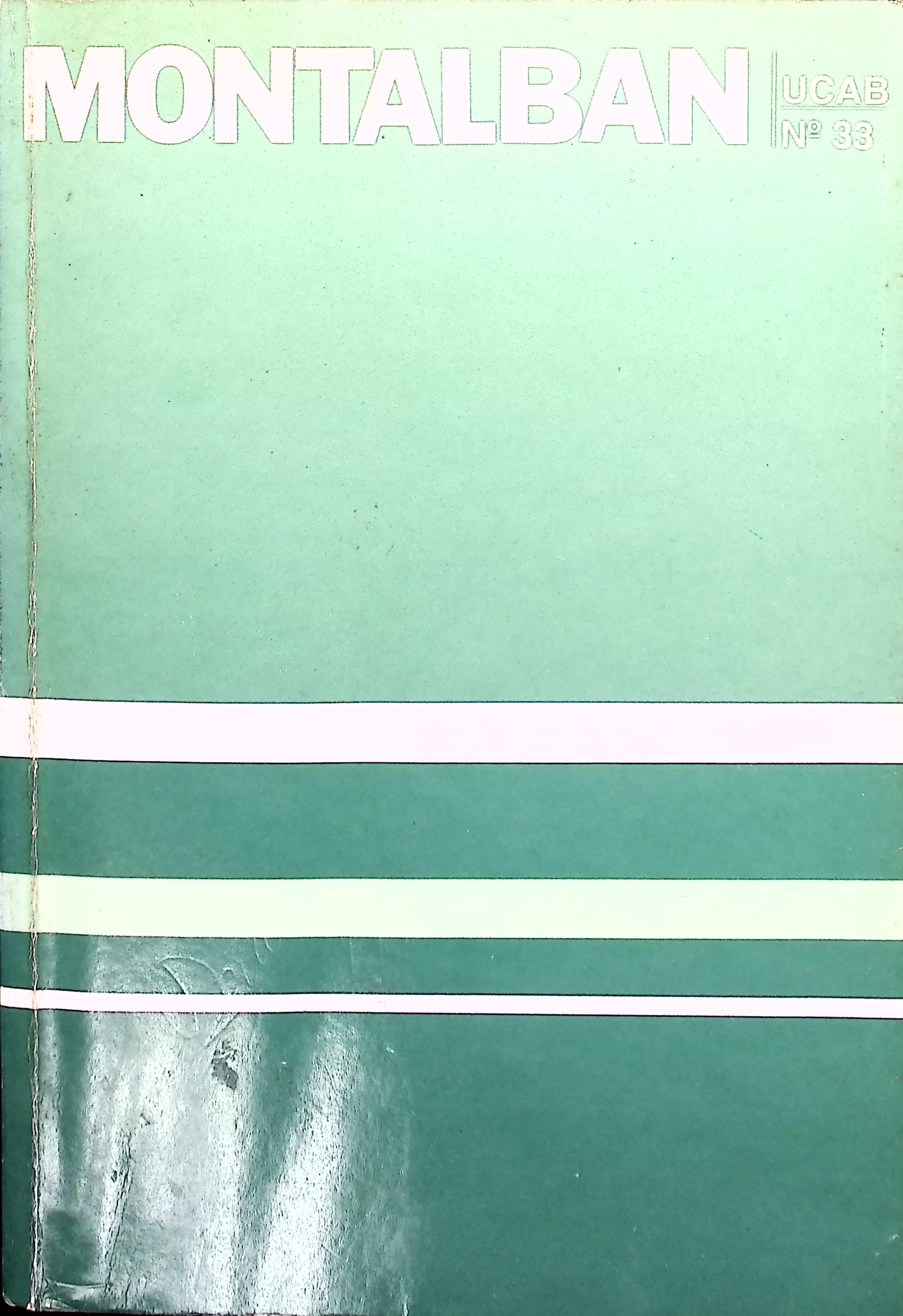The discursive representation of the two homelands of Elisabeth Gross: Germany and Maracaibo between 1883 and 1896
DOI:
https://doi.org/10.62876/rm.v1i33.6932Keywords:
Discursive representation of reality, homeland; contact between cultures (Germany and Venezuela), women's writing between cultures (Germany and Venezuela), women's writing, European European, 19th centuryAbstract
Gross's only published work, German Life in the Far Away, is composed of letters written to her friend is made up of letters written to her friend Constanza in Chile. to her friend Constanza in Chile, and is a sample of European European women's writing describing contact between two cultures in the 19th century. cultures in the 19th century. The following paper will deal specifically with the personal specifically with the personal dimension of Gross's work. It will consider the possibility, which exists in any text, of a variation of readings of what ‘reality’ means. These readings differ according to factors such as the competence of the readers, the level of interest the readers, the degree of interest, among others. Different levels of analysis different levels of analysis: the level of interaction (with her friend with her friend Constanza, with her husband, with the Germans) and the level of content (preferred topics). Finally, Gross's view of herself as a foreigner as a foreigner is studied together with the discursive construction of her two homelands.









